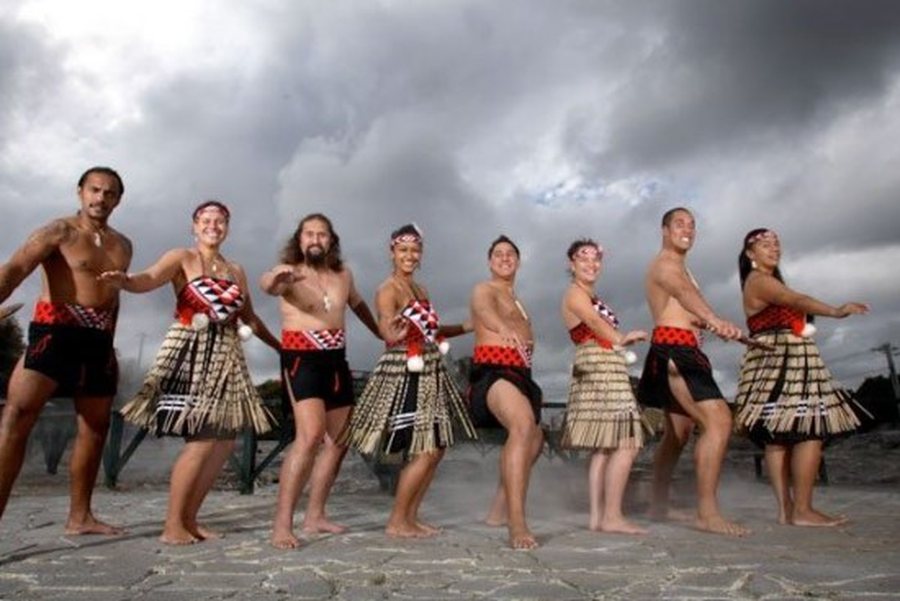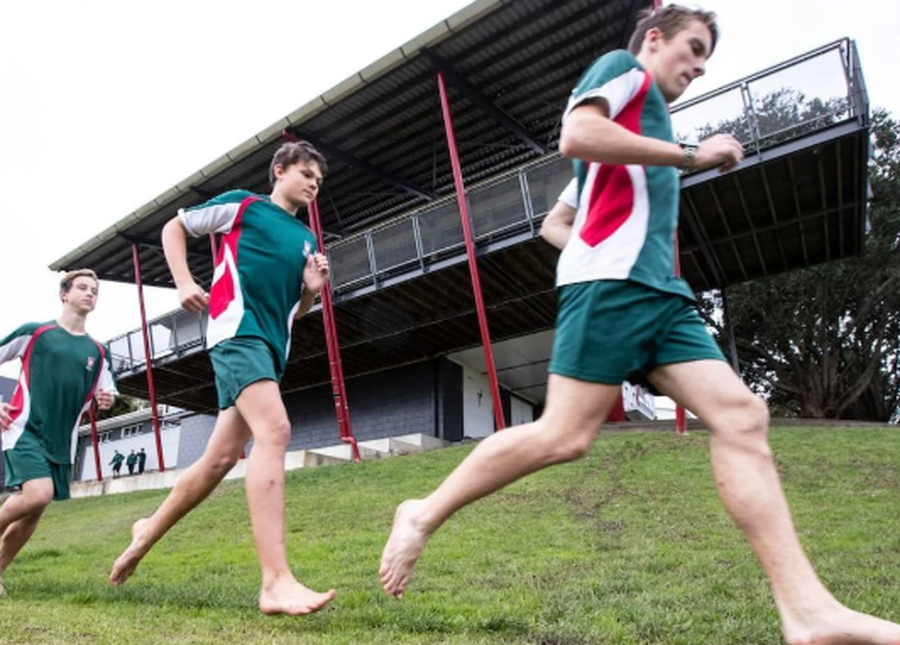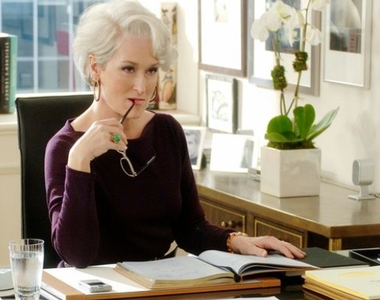
In an interview for “The Dalina Show” on Andale Media, the guest was singer Vesa Luma, who spoke at length about her life in New Zealand, where she and her family lived for 6 years. Among other things, Vesa touched on a very interesting detail about life in New Zealand: the culture of walking barefoot, not only on the beach, but everywhere, even in banks or supermarkets.
"I really liked going out to the market in flip-flops, or not combing my hair to buy something. Plus, in Zealand everyone was barefoot. Even going to the bank, they go barefoot," Vesa began to tell.
Then, she explained:
"They walk barefoot everywhere, it was a choice they made to be closer to nature, but also because it was clean. I believe it's because they are an island and they are used to it," said Vesa, adding that at first she herself had felt afraid of the idea, due to "our traumas of an underdeveloped country."
But what is this barefoot culture in New Zealand?

In New Zealand, walking barefoot is a common norm and often associated with the natural, free and relaxed lifestyle of the "kiwis", as the locals are called.
According to sources like the New Zealand Herald, many children in New Zealand grow up going barefoot to school, shops, parks, and even indoor public spaces. Although some larger cities now have more restrictions, in suburban and rural areas the culture remains very much alive.
Some of the reasons behind this culture are:
Connection with nature: The Maori (indigenous people) have greatly influenced this way of life, where the land is considered sacred and contact with it is a form of respect and spiritual connection.

Clean environment: New Zealand has an exceptionally clean and well-maintained environment, which makes it safe to walk barefoot.
Mild climate: Climatic conditions are suitable for most of the year, making it easy to walk barefoot.
Minimal and stress-free lifestyle: In this culture, there is less focus on appearance and more appreciation for comfort and nature. As Vesa said, “it connected me a lot to nature, because walking barefoot gave me a very different energy.”
What benefits does walking barefoot bring?
Beyond the cultural and aesthetic aspects, walking barefoot also has numerous benefits for physical and mental health. Here are some of the most important:
Improves balance and muscle strength: Helps develop foot muscles that are not usually activated by shoes.
Develops sensitivity and body awareness: Walking barefoot helps improve the connection between the body and the ground.

Reduces stress: Studies on "earthing" (direct contact with the earth) show that walking barefoot can reduce cortisol levels and improve mood.
Increases the sense of freedom: For many people, especially those who come from more rigid cultures, this practice is a symbol of breaking restrictions and reconnecting with nature.
In conclusion, walking barefoot is a way of life. As Vesa Luma pointed out, while in many countries it is shameful not to be neat or “dressed properly”, in New Zealand it is more important to be yourself, comfortable and in harmony with nature.
Full interview:






